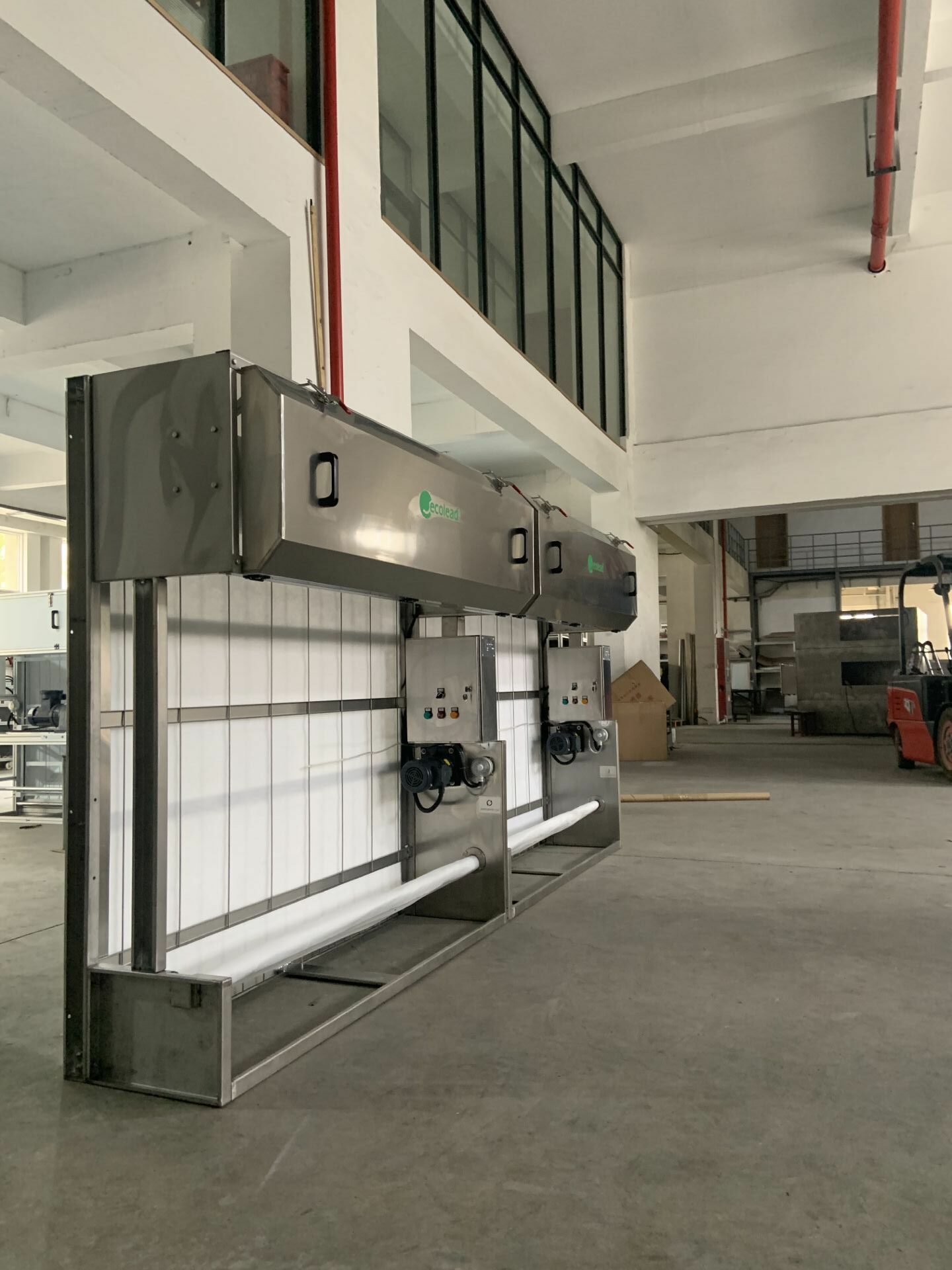Streamlining Water Quality: How Automatic Filter Replacement Systems Ensure Uninterrupted Performance

Streamlining Water Quality: How Automatic Filter Replacement Systems Ensure Uninterrupted Performance
Importance of Water Quality in Various Industries
Water quality plays a crucial role in various industries, including healthcare, food and beverage, pharmaceuticals, and wasterwater treatment. Compromised water quality can lead to costly equipment damage, reduced productivity, and even compromise public health and safety. Therefore, ensuring uninterrupted water quality is essential.
Challenges in Water Quality Management
Traditional water treatment systems rely on manual filter replacement, which can be labor-intensive, time-consuming, and prone to human error. As a result, maintenance personnel may neglect to replace filters in a timely manner, compromising water quality and system performance.
Introducing Automatic Filter Replacement Systems
To overcome these challenges, automatic filter replacement systems have been developed. These systems use sensors and software to monitor filter performance and automatically replace them when necessary, ensuring uninterrupted water quality and system performance.
Benefits of Automatic Filter Replacement Systems
- Increased Efficiency: Automatic filter replacement systems reduce the need for manual monitoring and replacement, freeing up maintenance personnel to focus on other critical tasks.
- Improved Water Quality: Timely filter replacement ensures that water quality remains consistent, reducing the risk of contamination and equipment damage.
- Reduced Costs: Automatic filter replacement systems can help reduce costs by minimizing the need for costly equipment repairs and replacements.
- Enhanced Compliance: These systems provide auditable records of filter replacements, ensuring compliance with regulatory requirements and industry standards.
How Automatic Filter Replacement Systems Work
- Sensor Technology: Sensors are installed on the filter system to monitor performance and detect when the filter requires replacement.
- Software Integration: The sensors communicate with a software program, which detects filter performance issues and schedules replacement when necessary.
- Automatic Replacement: The software sends a signal to the filter replacement system, which replaces the filter with a new one.
Case Studies and Real-World Benefits
Numerous industries have benefited from the implementation of automatic filter replacement systems, including:
- A hospital reduced waterborne outbreaks by 75% through the implementation of automatic filter replacement systems.
- A brewery minimized equipment downtime by 90% through the use of automatic filter replacement systems.
- A pharmaceutical company reduced water quality control costs by 40% with the implementation of automatic filter replacement systems.
Conclusion
Automatic filter replacement systems offer a reliable and efficient solution for ensuring uninterrupted water quality and system performance. By streamlining maintenance and reducing the risk of equipment damage, these systems can help industries minimize costs and ensure compliance with regulatory requirements. As the demand for high-quality water continues to grow, the importance of automatic filter replacement systems will only continue to increase.

